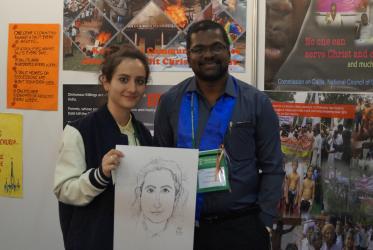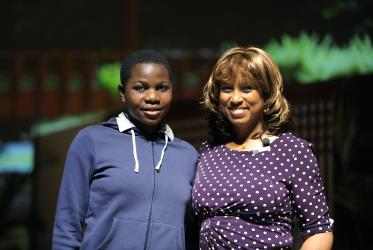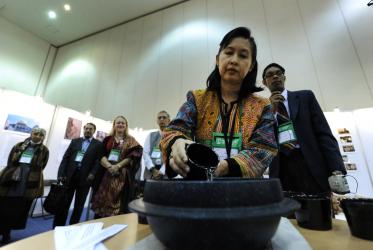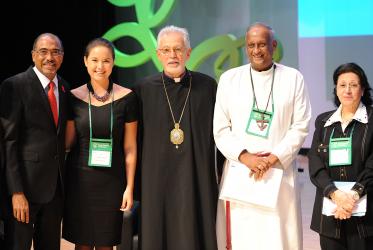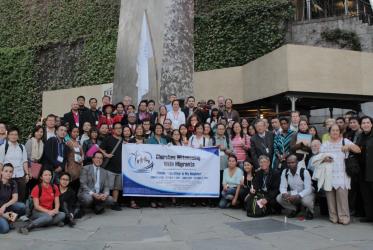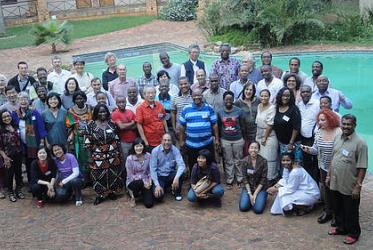Displaying 121 - 135 of 135
08 November 2013
Assembly renews churches’ commitment towards justice and peace
08 November 2013
“No one can serve Christ and caste!”
07 November 2013
Issues of justice in focus at WCC Busan assembly
06 November 2013
Hope born in the womb of God
05 November 2013
Religious leaders highlight significance of water at WCC assembly
04 November 2013
Participants connect assembly theme to their realities
31 October 2013
Churches advocate upholding human dignity of migrants
14 October 2013
Thursdays in Black: zero tolerance for violence against women
11 October 2013
Event in Geneva will celebrate the spirit of WCC assembly
09 September 2013
A church that listens fosters healthy communities
15 March 2013


